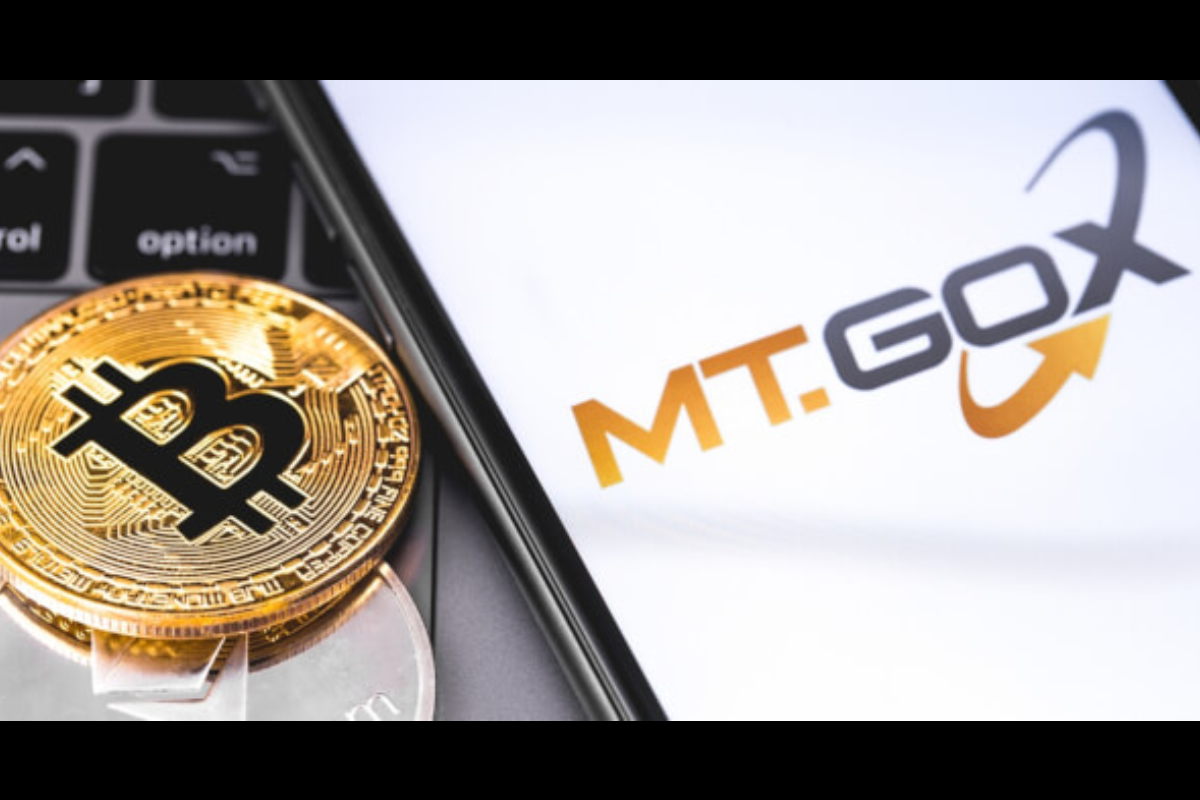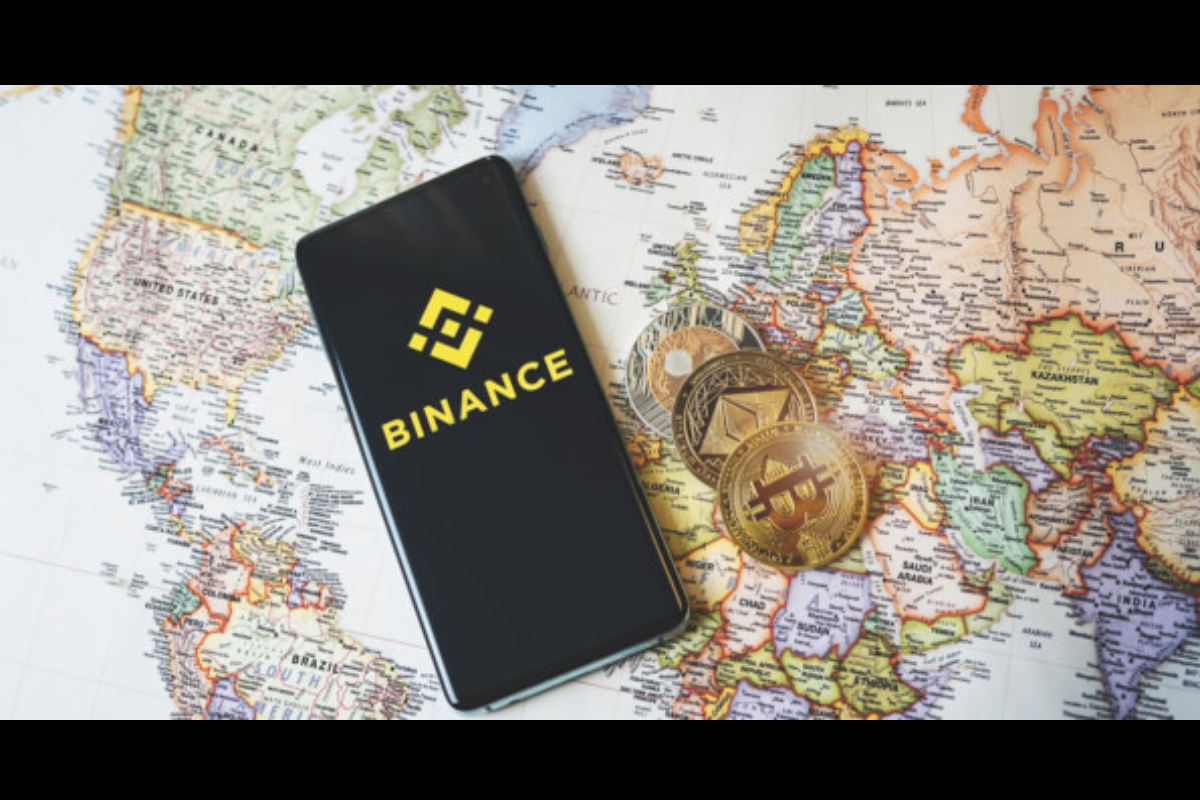Blockchain
HPB Hardware Random Numbers serve as Security Cornerstone for Decentralized Applications

As an innovative blockchain project combining software and hardware for ultimate speed and security, the HPB blockchain proposes a distributed and verifiable hardware random number solution with a well-designed incentive mechanism.
Demand and application for randomness can be seen everywhere in our daily lives such as games, lotteries, sampling, fair distribution and so on.
“Every electronic device needs randomness and needs a lot of it,” Marcin Pawłowski at the University of Gdańsk stated that, “Randomness is necessary whenever you need security. Whenever you want secure communication, a cryptographic key must be generated. It has to be generated randomly so that no adversary can easily guess it… If someone can predict these numbers (it doesn’t have to be perfect–if he or she can guess some of them it’s enough), they can listen to your conversation.”
In our daily life, random numbers serve as an important medium for any fair and secure system.
The Risks in Random Numbers
In fact, the concept of a random number is not difficult to understand. It is a randomly generated number based on probability. Statistically, random numbers exhibit no predictable pattern or regularity, that’s why they are unpredictable and confidential.
In order to generate random numbers, a variety of methods were invented: the use of dice, roulette wheels, coin-flipping and other statistical methods; the use of the computer languages; the use of quantum mechanic principles and so on.
Currently, there are two main ways to obtain random numbers. One way is by only using software. For example, random numbers are obtained by creating a smart contract on Ethereum or by means of multi-stakeholder participation. The other way is to use hardware, where physical properties are directly obtained from the hardware to generate random numbers. However, both ways have their limitations. For instance, the software-based method is inefficient and easily manipulated, while the hardware-based approach makes random numbers unverifiable.
Technically, only the second method produces truly random numbers. The computer-generated numbers are considered “pseudorandom” because knowing how the program develops its computations makes it possible to predict these numbers, which only appear random.
Currently, many existing random number generators actually only produce pseudorandom numbers, whose values have already been predicted by computer programs. This is called a centralized random number generation system. The sequence of random numbers is very risky and will be manipulated by attackers, who can easily change the algorithms in the generation of random numbers. As mentioned above, not all the pseudorandom numbers are cryptographically secure.
The alternative to pseudorandom numbers are true random numbers, which can be derived from physical systems, such as the optical noise in lasers, radioactive decay in atoms, and hardware. A true random number taken from a physical system is not verifiably fair by nature. There is an example provided by Beacon from NIST (National Institute of Standards and Technology), even if the NIST got the entropy that was sampled from the radiation of the universe, they still knew the latest random numbers ahead of others and had the ability to select and interfere with the existing random numbers.
HPB‘s Decentralized Hardware Random Number Generator
Although the existing random number generators perfectly avoid some potential problems of randomness, uncontrollability and unpredictability, they still suffer from lack of security and verifiable fairness.
Consequently, people want to find a random number generator and release mechanism with provable fairness. A blockchain provides an decentralized network for verifiably fair random number generation. In addition to meeting the basic statistical requirements for random numbers, a useful random number generator on a public blockchain can be unpredictable, uncontrollable, unalterable and verifiably fair.
As an innovative blockchain project combining software and hardware for ultimate speed and security, the HPB blockchain proposes a distributed and verifiable hardware random number solution with a well-designed incentive mechanism.
For the first time, HPB achieves the perfect combination of software and hardware to generate random numbers, and applies it directly on the blockchain. HPB’s hardware random number generator (HRNG) generates random numbers from a physical process within HPB’s BOE (Blockchain Offload Engine). HRNG senses tiny variances in voltage (as little as 0.00001 volts) within an Analog-to-Digital Converter in the BOE. This ever-changing figure is used to help generate the random string of 256 digits and letters added to each new block.
This is in contrast to the paradigm of pseudo-random number generation commonly implemented in computer programs. Generated based on the consensus of HPB’s hardware BOE nodes on HPB MainNet, HPB’s hardware random number is a 100% hardware random number, which is very close to a true random number.
Meanwhile, HPB’s Hardware Random Number Generator has a built-in incentive mechanism to prevent collusion and attacks. More specifically, in HPB’s random number generation, all the nodes are the producers of random numbers, while the smart contract and external API calls are the consumers of random numbers. Guaranteeing the fairness of random numbers, this multi-stakeholder involvement ensures on-chain verification to prevent random numbers from being manipulated or tampered with. Also, the built-in incentive mechanism allows both random generators and consumers to obtain rewards by helping to maintain the random service.
Security Cornerstone for DApps
HPB hardware random numbers not only have the uncontrollable and unpredictable advantages of the traditional hardware random numbers, but also has the characteristics of decentralized incentives, cross-chain, distributed service, transparency, and verifiability.
HPB Partner, Jason Hu, noted that,”HPB’s HRNG can be applied to various decentralized businesses, including DeFi, on-chain games, on-chain lotteries, and HPB’s HRNG will act as security cornerstone for DApps. Now there are already some DApps that use HPB’s HRNG for more secure random number sources. For example, the star DeFi project, Nest Protocol, is already deployed on HPB MainNet. Besides, we are also exploring our HRNG’s integration with internet products.”
Also as disclosed recently, a blockchain project named Randomhub announced a partnership with HPB to provide RaaS (Random as a service) services. Randomhub will use the random numbers sources generated by HPB’s hardware random numbers generator to power various decentralized applications.
Dedicated to blockchain innovation, HPB Blockchain celebrates its third anniversary!
On July 23, AntChain (formerly Ant Blockchain) under the Ant Group, the parent company of China‘s largest mobile payments business Alipay, officially launched AntChain Station, which claimed to be “the first blockchain solution combining built-in software and a dedicated hardware accelerator globally”.
However, as early as 2017, Xiaoming Wang, the Founder of HPB, had already brought up and designed “the world’s first software and hardware blockchain solution”. In 2018, HPB released the Blockchain Offload Engine (BOE)–the world’s first independently-developed hardware accelerator to effectively integrate software and hardware for empowering a blockchain, as well as the HPB’s Hardware Random Number Generator.
At the time of High Performance Blockchain’s third anniversary, Xiaoming Wang, Founder and CEO of HPB said, “HPB is a fast-growing blockchain project that always leads blockchain innovation globally. Our strength lies in our ability to combine built-in software and a dedicated hardware accelerator for ultimate speed and security, allowing blockchain to come up with more useful applications. HPB will keep promoting HPB hardware random numbers’ application, as well as building a robust DeFi ecosystem. We look forward to working with more partners in the industry to promote blockchain innovations!”
Blockchain
Anticipated Return of $9B Mt. Gox-era Bitcoin May Spur Market Anxiety

The anticipated return of $9 billion worth of Bitcoin from the Mt. Gox era has the potential to stir anxiety within the cryptocurrency market. This significant influx of Bitcoin, which has been tied up since the collapse of the Mt. Gox exchange in 2014, raises questions about its potential impact on market dynamics and investor sentiment.
The return of these long-dormant Bitcoin holdings may lead to increased volatility and uncertainty in the cryptocurrency market. Market participants are likely to closely monitor the movement of these funds and assess their potential impact on Bitcoin prices and overall market stability.
Additionally, the large-scale return of Bitcoin from the Mt. Gox era may trigger concerns about potential selling pressure and its effect on market liquidity. Investors may anticipate fluctuations in Bitcoin prices as these funds are reintroduced into the market and traded.
Furthermore, the return of these Bitcoin holdings highlights the ongoing legal and regulatory challenges associated with the Mt. Gox saga. The resolution of this long-standing issue could have far-reaching implications for investor confidence and the perception of security within the cryptocurrency ecosystem.
Overall, the anticipated return of $9 billion worth of Bitcoin from the Mt. Gox era has the potential to evoke anxiety among market participants and prompt heightened scrutiny of market dynamics. As the cryptocurrency market braces for this significant development, it remains to be seen how it will navigate the potential challenges and opportunities presented by the return of these funds.
Source: blockchain.news
The post Anticipated Return of $9B Mt. Gox-era Bitcoin May Spur Market Anxiety appeared first on HIPTHER Alerts.
Blockchain
Binance Faces Lawsuit in Canada for Selling Crypto Derivative Products Without Registration

Binance is currently embroiled in a legal dispute in Canada over allegations of selling cryptocurrency derivative products without proper registration. This lawsuit underscores the regulatory challenges facing the cryptocurrency exchange in various jurisdictions.
The lawsuit accuses Binance of offering crypto derivative products to Canadian investors without obtaining the necessary registration from Canadian securities regulators. This legal action highlights the importance of compliance with regulatory requirements in the cryptocurrency industry, particularly concerning the sale of derivative products.
Binance’s legal woes in Canada reflect broader concerns about regulatory compliance and investor protection within the cryptocurrency sector. As authorities worldwide increase scrutiny of cryptocurrency exchanges and trading platforms, companies like Binance face mounting legal and regulatory challenges.
The outcome of this lawsuit could have significant implications for Binance and the broader cryptocurrency industry in Canada. Depending on the court’s ruling, it could lead to increased regulatory oversight and stricter enforcement measures for cryptocurrency exchanges operating in the country.
In response to the lawsuit, Binance has stated that it is committed to compliance with all applicable laws and regulations in the jurisdictions where it operates. However, the outcome of this legal dispute will likely shape the regulatory landscape for cryptocurrency exchanges in Canada and influence their future operations and compliance efforts.
Source: blockchain.news
The post Binance Faces Lawsuit in Canada for Selling Crypto Derivative Products Without Registration appeared first on HIPTHER Alerts.
Blockchain
Cardano Foundation Launches PRAGMA: A New Chapter in Open-Source Blockchain Development

The Cardano Foundation has announced the launch of Pragma, marking a significant milestone in open-source blockchain development. Pragma aims to revolutionize Cardano by enhancing its infrastructure through innovative open-source projects.
Pragma represents a new chapter in the evolution of Cardano, focusing on improving its underlying infrastructure and expanding its capabilities. The initiative underscores the Cardano Foundation’s commitment to fostering innovation and driving progress within the blockchain ecosystem.
By leveraging open-source projects, Pragma seeks to enhance Cardano’s functionality and scalability, paving the way for broader adoption and increased utility. These efforts are expected to unlock new opportunities for developers and users alike, further cementing Cardano’s position as a leading blockchain platform.
Pragma’s launch highlights the ongoing evolution of Cardano and its commitment to pushing the boundaries of blockchain technology. Through collaborative open-source development, Pragma aims to address key challenges and drive continuous improvement within the Cardano ecosystem.
The Cardano Foundation’s announcement of Pragma signals a significant step forward in its mission to build a decentralized and sustainable blockchain infrastructure. With Pragma, Cardano is poised to embark on a new era of innovation and growth, setting the stage for a future of unprecedented possibilities in blockchain development.
Source: cryptonews.com
The post Cardano Foundation Launches PRAGMA: A New Chapter in Open-Source Blockchain Development appeared first on HIPTHER Alerts.
-

 Blockchain Press Releases6 days ago
Blockchain Press Releases6 days agoCanaan Shines at Blockchain Life 2024 in Dubai
-

 Blockchain Press Releases6 days ago
Blockchain Press Releases6 days agoBybit Institutional Report 2024: Institutions Become Bullish and Eye Challenger Chains, while VC Funding Resurges for Infrastructure, Gaming, and AI
-

 Blockchain6 days ago
Blockchain6 days agoQuantum eMotion Files a Patent for Quantum-based Blockchain Wallet Under the Patent Cooperation Treaty (PCT)
-

 Blockchain5 days ago
Blockchain5 days agoPhoenix Group Engages BHM Capital as Liquidity Provider to Boost ADX Liquidity and Enhance Market Dynamics
-

 Blockchain6 days ago
Blockchain6 days agoElizabeth Warren Urges Treasury Secretary Yellen to Implement Strong AML/CFT Measures for Stablecoins
-

 Blockchain5 days ago
Blockchain5 days agoCrypto fans count down to bitcoin’s ‘halving’
-

 Blockchain5 days ago
Blockchain5 days agoTether USDT stablecoin goes live on TON blockchain
-

 Blockchain Press Releases6 days ago
Blockchain Press Releases6 days agoDWF Labs joins the Klaytn Governance Council










































